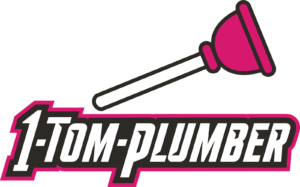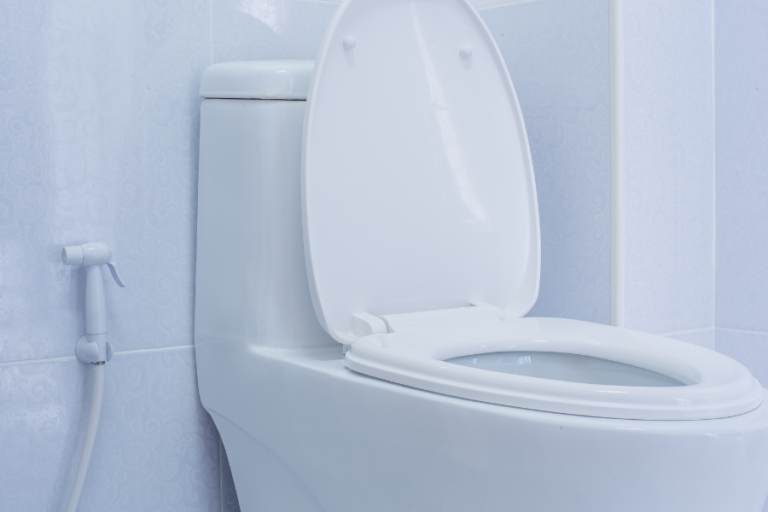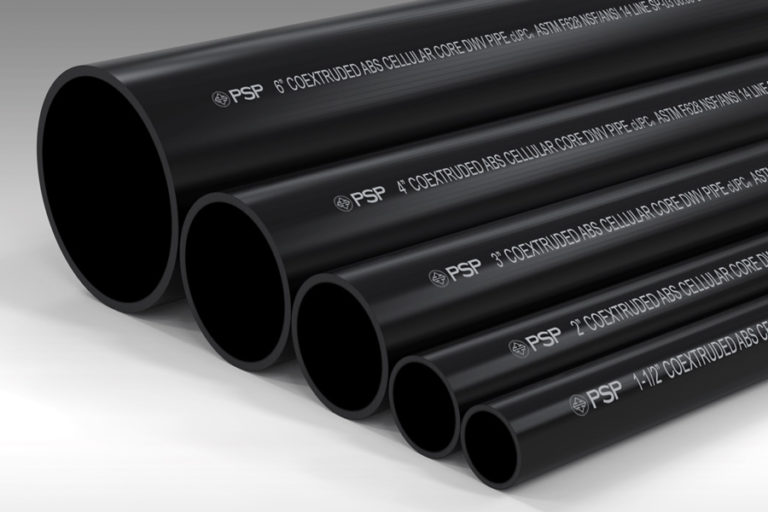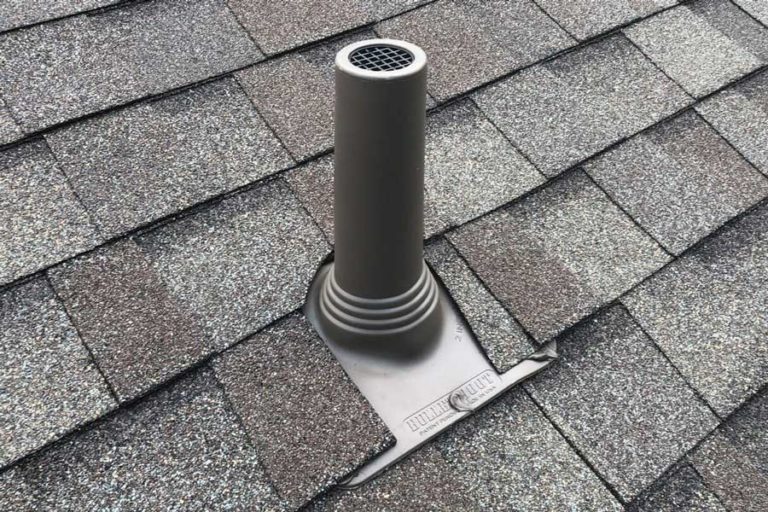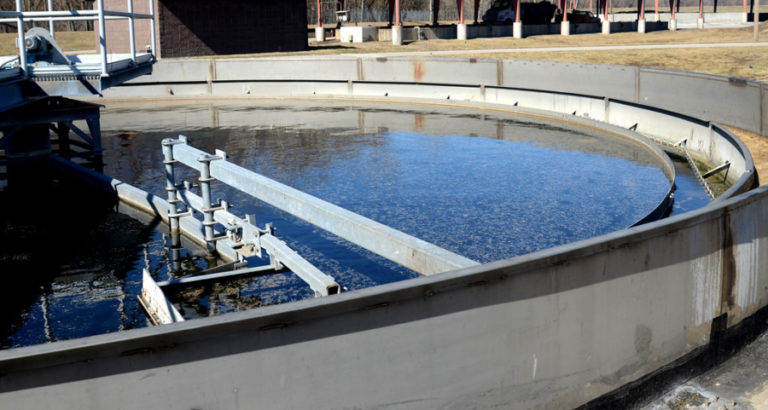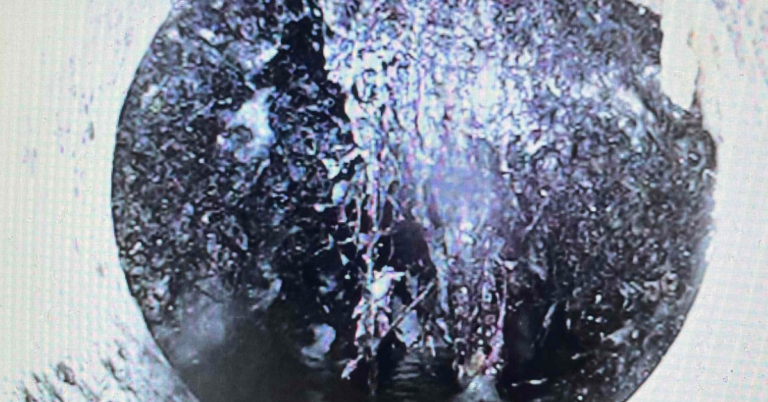Water Treatment (The 5 Most Common Problems)
With water treatment comes huge responsibility. Knowing how to handle it correctly is important to everyone that lives in the area. Otherwise clean water might not be readily available for the residents in the area.
Although waste water treatment is a huge part of society, there are some common problems that we tend to run into.
Training
Firstly, proper training is a common problem. Learning the details and management process of a waste water treatment plant is very extensive and can often be complex. There is a lot to learn and look after and with that comes large teams of personnel. All of the personnel need to be up to speed with the rest of the team and be able to understand the ins and outs of the plant.
This is why it can take such a long time to train other personnel. There is a lot to learn with many details to learn. Being able to provide up-to-date knowledge to everyone within the plant is necessary for everyone to stay up to speed with the correct information and understanding of the process itself.
Being able to provide all important information to all personnel can take some time. Sometimes, the knowledge of some is more intense than others. This can be an advantage to other personnel because those experts will be able to provide them with that extra knowledge and training that is needed to be an expert as well.
Once that knowledge gap is filled, it is more likely that all personnel will be able to identify things like mechanical and instrument failures and complex chemical, biological, and bacterial problems without a problem.

Equipment Design Specifications
Water treatment plants have specific design specifications that are necessary for them to correctly function. Following the design specifications ensures that there will be little to no problems when it comes to the performance of it.
The list of specifications is long and extensive, so I won’t bore you with that. There are mandatory components for each one that is designed. You should always be following and implementing these into the design of the plant. When they are not, this is where the problems can begin.
To name just a few, there are monitoring instruments that are required within the plant. Some of the names of these instruments include feed water temperature, feed water pressure, UV intensity, and more.
Bacterial Control
Controlling bacteria in waste water can be an extensive process. Especially in the right conditions, bacteria will continue to grow. These conditions include:
- Low flow rate
- Warm temperatures
- The presence of food
- Bacterial control solutions are not present
In general, bacteria will grow and breed in the water if any of these conditions are present. While it is possible to filter out, or rid the bacteria from the water, these conditions are frequent in waste water.
With the correct treatment and filtering, bacteria and other organisms shouldn’t be an issue in your clean water, but can continue to be a problem with these common conditions.
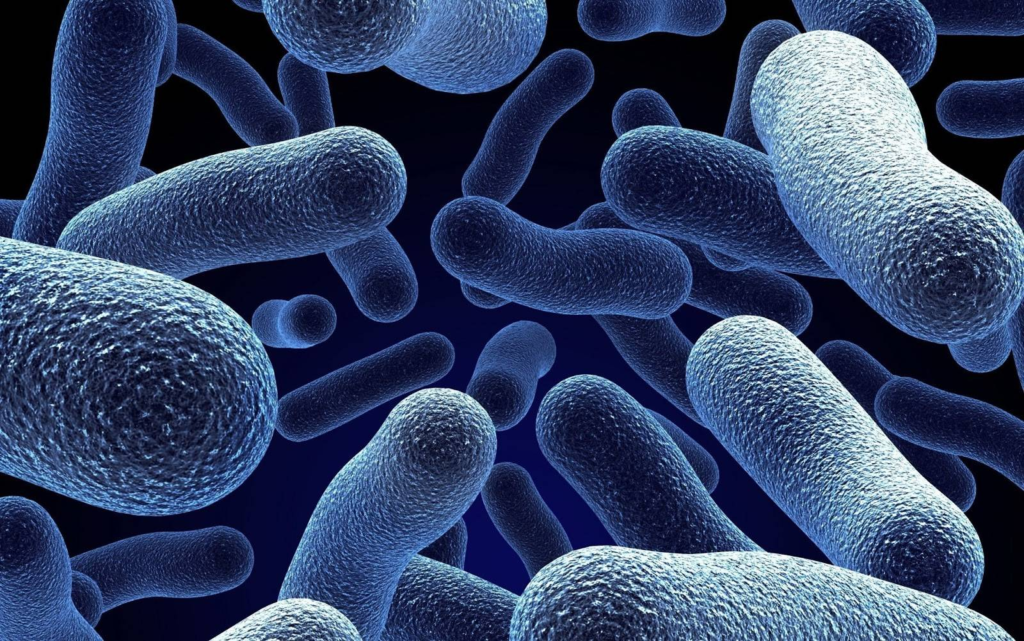
Monitoring and Record Keeping
Many water treatment systems don’t have enough instrumentation to be able to detect when something is going wrong at the moment it starts to happen.
Additionally, record keeping is not always up to par. Not recording the data correctly can allow for gaps and lack the planning of preventative procedures.
Maintenance
Last but not least, maintenance is one of the most important aspects of a water treatment plant. Poor maintenance of the facility can increase costs, cause serious damage to the system, and a financial loss to the clients.
Requiring continual maintenance is important to keep up with the quality and efficiency of the facility. Here are a few things that continual maintenance can help prevent:
- Changing pre-filtration cartridges helps prolong the life of the membranes in the system
- Finding and repairing leaks faster which can save money
- Keeping up on maintenance records can predict trends in water quality
- Keeping the facility in good condition will give you the best results for an extended period of time

Final Thoughts
Although the problems mentioned above are the most common in water treatment facilities, you can prevent them by following the correct guidelines, designs, and preventative maintenance measures.
The availability of expert management can protect the client and the facility from losses and violations. All of these common problems in water treatment facilities have an answer with the correct management and expertise, record keeping, maintenance, and staff training.
Call 1-Tom-Plumber
Don’t hesitate to contact us here or call us at 1-Tom-Plumber (1-866-758-6237) if you need any plumbing, drain cleaning, water damage, or excavation service.
1-Tom-Plumber’s certified team of plumbers and drain technicians respond immediately to any emergency plumbing, drain cleaning, or water damage problem. We also handle the excavation of underground water lines and sewer main lines. Our immediate-response team is available every day and night of the year, even on holidays.
